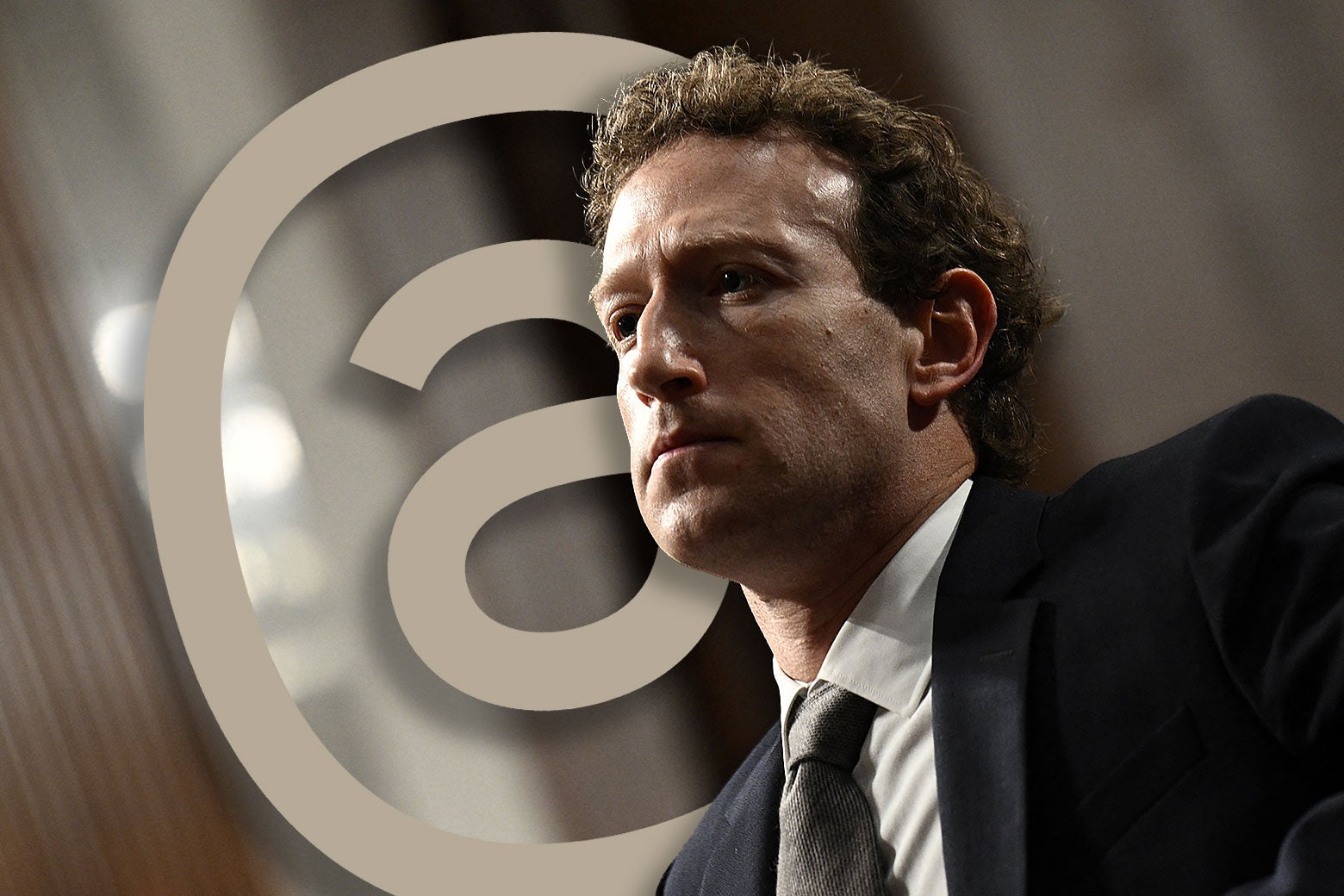Mark Zuckerberg’s Missteps: Analyzing the Case Against Meta’s Threads
In an era where social media platforms are evolving at breakneck speed, Mark Zuckerberg’s recent endeavors with Meta’s Threads have sparked considerable debate. This article delves into the critical missteps that Zuckerberg and his team have made in the rollout and strategy behind Threads, a platform initially designed to compete with Twitter. By examining these missteps, we can gain insight into how they may jeopardize the future of social media innovation.
The Birth of Threads: A Promising Idea
Threads was launched with great fanfare, positioned as a new social media platform that promised to deliver a more conversation-oriented experience. The idea was to create a space where users could engage in discussions in a manner reminiscent of early Twitter. However, the execution of this vision has raised eyebrows. At its core, Threads aimed to leverage Meta’s vast user base to foster a sense of community and dialogue. But as we will explore, this ambitious aim has been marred by a series of miscalculations.
Misstep #1: The Lack of Unique Value Proposition
One of the first critical missteps in the conception of Threads was its failure to establish a unique value proposition. While it attempted to attract users with a familiar interface and functionality, it offered little that was fundamentally different from existing platforms like Twitter and Instagram. In a crowded social media landscape, users are often looking for something new and exciting. Without a clear differentiation, Threads struggled to capture significant user interest. This lack of uniqueness has left many potential users indifferent, questioning why they should switch from established platforms.
Misstep #2: Overreliance on Existing Meta Users
Another major flaw in the strategy behind Meta’s Threads was the overreliance on Meta’s existing user base. While leveraging the substantial number of Facebook and Instagram users might seem like a smart move, it has its drawbacks. Many users who signed up did so out of curiosity rather than a genuine interest in the platform’s offerings. This transient engagement led to high initial sign-up numbers but subsequently dwindled as users failed to find compelling reasons to return.
- High churn rates: Many users quickly abandoned Threads after the initial buzz faded.
- Lack of engagement: Users who did not actively participate in conversations found little motivation to stay engaged.
Misstep #3: User Experience Issues
Threads also faced significant challenges in terms of user experience. Reports of technical glitches, a lack of intuitive navigation, and insufficient customization options have frustrated users. In an age where user experience is paramount, these shortcomings are particularly damaging. Users expect seamless experiences when navigating social media platforms, and any deviation from this can lead to dissatisfaction and disengagement.
Misstep #4: Misunderstanding the Competitive Landscape
Zuckerberg’s vision for Threads appeared to underestimate the competitive landscape. Twitter, despite its challenges, has a well-established user base and a distinctive culture that encourages real-time conversation. The decision to position Threads as a direct competitor without offering a compelling alternative has been seen as a tactical error. Instead of fostering a unique community, Threads tried to fit into a mold that already existed, resulting in a diluted experience.
Misstep #5: Inadequate Community Management
Community management is crucial for any social media platform, and Meta’s Threads has struggled in this area. The platform has been criticized for its handling of content moderation and community guidelines. Users require assurance that their interactions will be safe and respectful. Threads’ perceived inadequacies in addressing harmful content have raised concerns and contributed to its struggles in fostering a loyal user community.
Effective community management strategies could include:
- Implementing clear and transparent moderation policies.
- Providing tools for users to report and block harmful content.
- Engaging with users to understand their concerns and suggestions.
Misstep #6: Marketing and Communication Failures
Effective communication is key in any launch, and Threads has faced criticism for its marketing strategy. The messaging surrounding the platform has often been inconsistent and unclear. Users may have found it challenging to comprehend the platform’s purpose and how it differentiates itself from other social media options. A cohesive marketing strategy, clearly articulating the benefits and unique features of Threads, is crucial for attracting and retaining users.
The Road Ahead: Learning from Missteps
Despite these missteps, it is essential to remain optimistic about the future of Meta’s Threads. Recognizing and addressing these flaws can pave the way for a more robust platform. By adapting their strategy, Zuckerberg and his team can potentially turn Threads into a viable alternative in the social media landscape.
Strategies for Improvement
To salvage the Threads initiative, Meta could consider the following strategies:
- Enhancing User Experience: Streamlining the interface and ensuring robust performance can significantly improve user satisfaction.
- Developing a Unique Identity: Identifying and promoting the unique aspects of Threads can help in carving out a niche in the social media space.
- Listening to Users: Actively soliciting user feedback and making iterative improvements based on their input can foster a sense of community and ownership among users.
- Effective Marketing Campaigns: Launching targeted marketing campaigns that resonate with potential users can help in rebuilding interest and engagement.
Conclusion: The Potential for Redemption
In conclusion, Mark Zuckerberg’s missteps with Meta’s Threads highlight the complexities and challenges inherent in launching a new social media platform. While the initial execution has faltered, there remains an opportunity for redemption. By learning from these missteps and making the necessary adjustments, Threads could evolve into a platform that fulfills its original promise and redefines social media engagement.
As the digital landscape continues to evolve, the ability to adapt and innovate is critical. Mark Zuckerberg has the resources and expertise to navigate these challenges, and with a renewed focus on user needs and community building, Threads may yet find its place in the crowded social media marketplace.
See more Future Tech Daily

